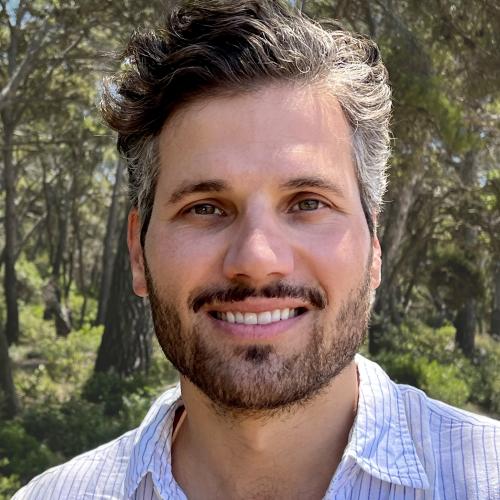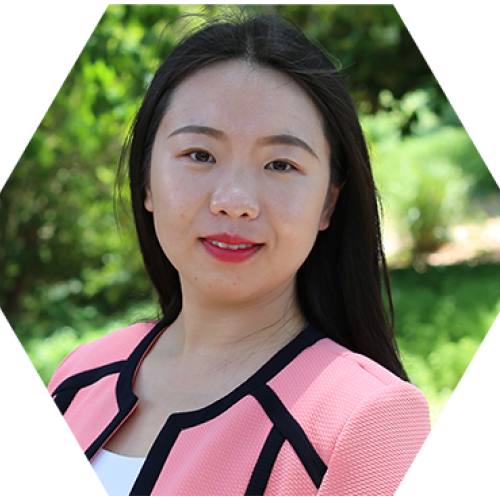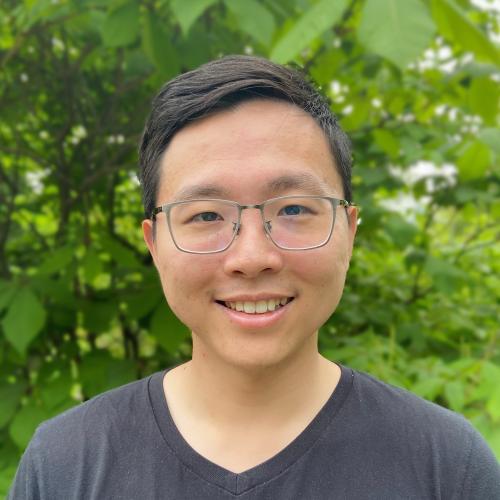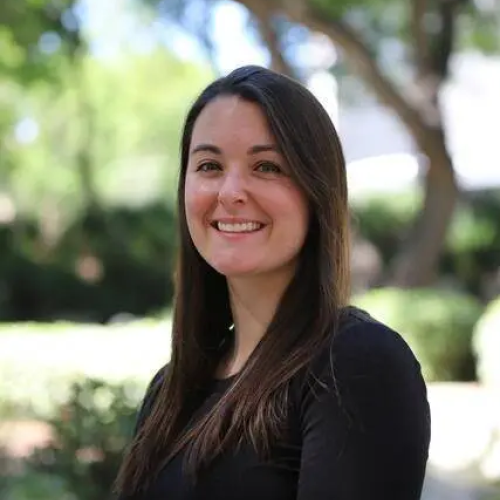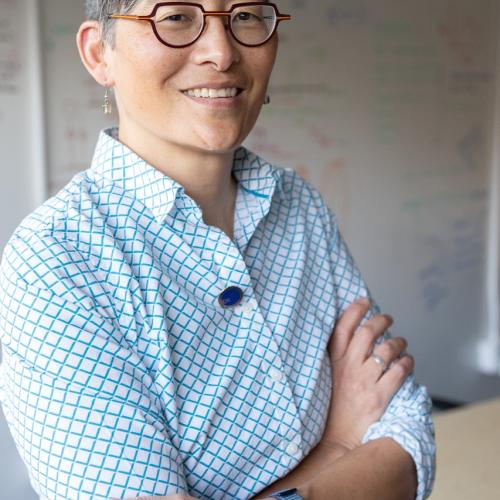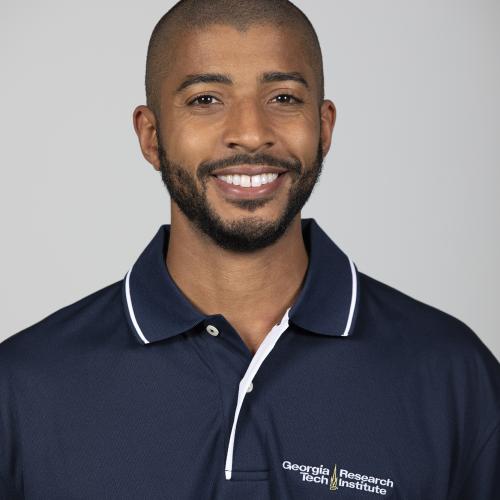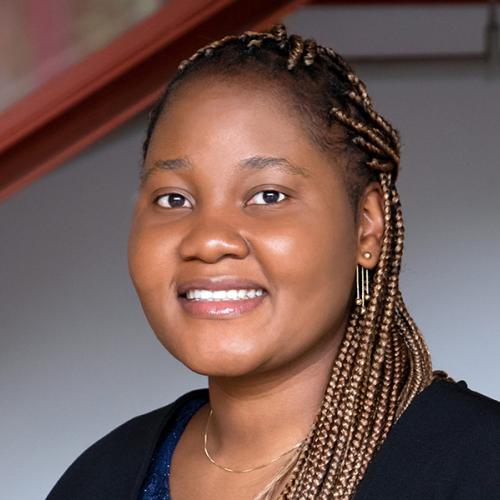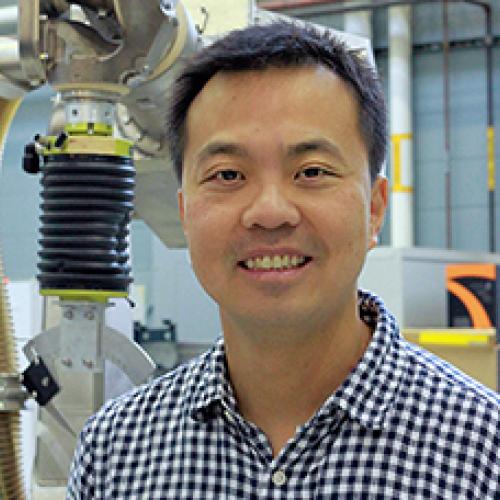Omobolanle Ogunseiju is an assistant professor in the School of Building Construction, at Georgia Tech. Omobolanle received her Ph.D. in Environmental Design and Planning, from the Department of Building Construction, at Virginia Tech.
Her research interests focus on advancing workforce development (safety, health, and well-being), and developing smart communities through the application of wearable robots and Artificial Intelligence (enabled by digital twin, cyber-physical systems, data sensing, and reality capture technologies). She is particularly interested in understanding and shaping the human–technological dynamics involved in workforce development, safety, and health, especially within the construction sector. This includes understanding the ethical concerns of automation and robotics in the construction industry.
Omobolanle is an active member of the Diversity and Inclusion Council at the College of Design. During her Ph.D. studies, Omobolanle was recognized as the outstanding doctoral candidate at the Myers Lawson school of construction, and the outstanding doctoral student in the College of Architecture and Urban Studies at Virginia Tech.
She believes that the next generation of construction engineers should be trained to serve as innovators, risk managers, and leaders that shape public policy. As such, Omobolanle believes that teaching should be based on promoting experiential learning amongst students, applying a variety of engagement techniques, and providing hierarchical learning assessments. Omobolanle developed and teaches Construction Cost Management at the School of Building Construction, Georgia Tech, and will teach and develop Construction Technology courses in the coming semesters. She had the opportunity to teach course sections and conduct laboratories in Smart Construction, Building Systems Technology, and Wireless Sensing in Construction Management as a graduate teaching assistant at Virginia Tech.
Additional Research
Workforce Development
Data Analytics
Construction Safety
Construction Robotics
Construction Automation
